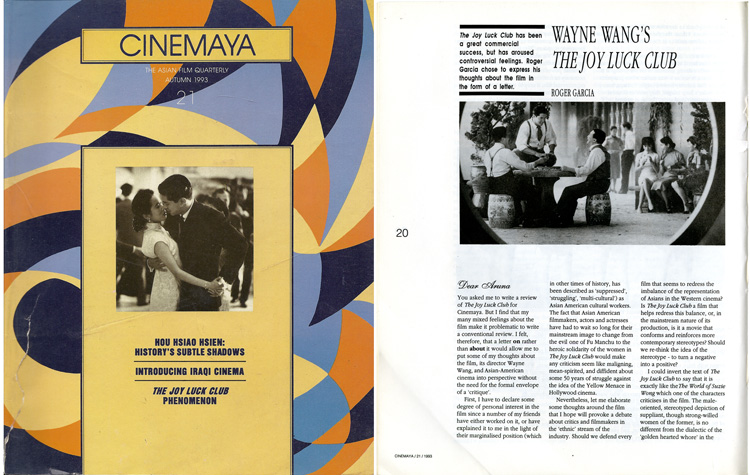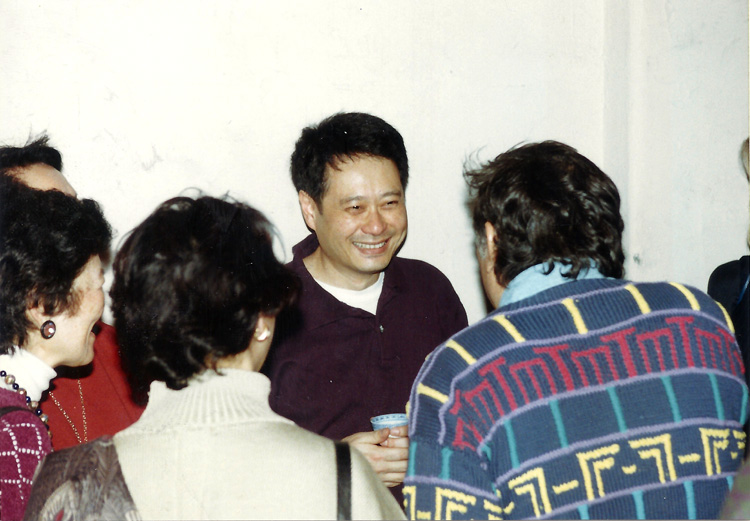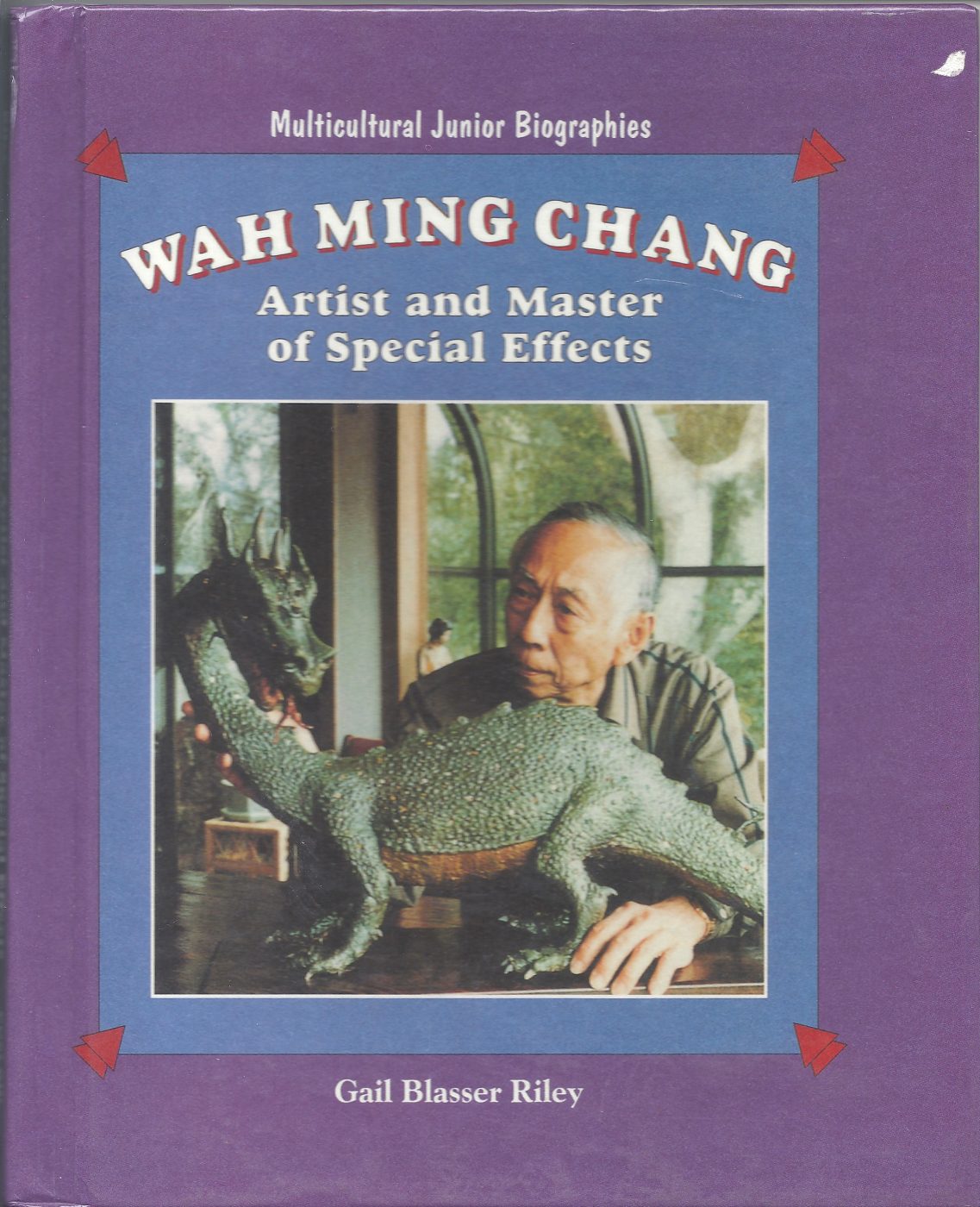Wayne Wang is a Chinese American film director, known best for his 1993 adaptation of The Joy Luck Club. Wang was born Hong Kong in 1949 and named after his father’s favorite movie star, John Wayne. Wang’s parents sent him to the U.S. to prepare for medical school but he fell in love with the arts instead and studied film and television at California College of Arts and Crafts in Oakland. Wang’s early films often grappled with the experiences of the Chinese diaspora: in his debut film, Chan is Missing (1982), Wang explored the daily ins and outs of Chinatown, a depiction that contrasted Hollywood’s typical use of the neighborhood as a racially coded signifier of mystery and danger. His family comedy about a Chinese American mother and daughter relationship, Dim Sum: A Little Bit of Heart, solidified his reputation before he created his most well-known film, The Joy Luck Club (1993). Wang would go on to release several successful feature films over his career. With the release of Crazy Rich Asians last year, the first film since The Joy Luck Club to have a majority Asian cast, the trailblazing legacy of Wang remains more relevant than ever.
Collections馆藏Collections馆藏Collections馆藏Collections馆藏Collections馆藏Collections馆藏Collections馆藏Collections馆藏Collections馆藏Collections馆藏Collections馆藏Collections馆藏Collections馆藏Collections馆藏Collections馆藏Collections馆藏Collections馆藏Collections馆藏Collections馆藏Collections馆藏Collections馆藏Collections馆藏Collections馆藏Collections馆藏Collections馆藏Collections馆藏Collections馆藏Collections馆藏Collections馆藏Collections馆藏Collections馆藏Collections馆藏Collections馆藏Collections馆藏Collections馆藏Collections馆藏Collections馆藏Collections馆藏Collections馆藏Collections馆藏Collections馆藏Collections馆藏Collections馆藏Collections馆藏Collections馆藏Collections馆藏Collections馆藏Collections馆藏Collections馆藏Collections馆藏Collections馆藏Collections馆藏Collections馆藏Collections馆藏Collections馆藏Collections馆藏Collections馆藏Collections馆藏Collections馆藏Collections馆藏Collections馆藏Collections馆藏Collections馆藏Collections馆藏
Wayne Wang

25 September 2019 Posted.
Article “Wayne Wang’s The Joy Luck Club”, published in Cinemaya, The Asian film magazine, Issue Autumn 1993 No. 21, Museum of Chinese in America (MOCA) Library.
王颖的《喜福会》,刊登于亚洲电影杂志《Cinemaya》1993年秋季号第21期,美国华人博物馆(MOCA)图书馆馆藏

